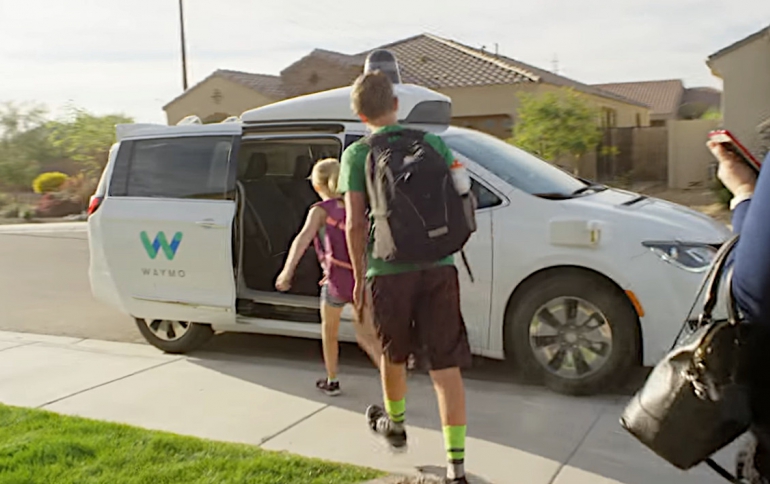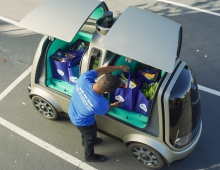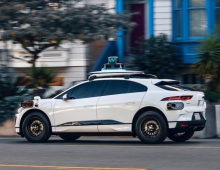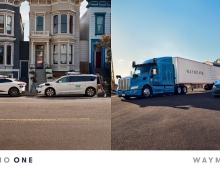
Waymo to Start Driverless Car Service in December
Waymo, the subsidiary of Google’s parent company, Alphabet Inc., is planning to launch the first commercial driverless car service in early December, according to a report.
The service will operate under a new brand, Bloomberg reported on Thusday, and will compete directly with Uber and Lyft. When it eventually launch, the commercial program will include backup drivers in some cars to help ease customers into the service, according to the report.
Waymo declined to comment on the name of the new service or timing of the launch. But Waymo's CEO John Krafcik, speaking during a Wall Street Journal conference, said self-driving cars will require driver assistance for many years to come, and that he doesn’t envision a day when the technology operates in all weather conditions and without some sort of "user interaction."
Waymo took seven years to put its first driverless cars on the road, another couple of years to iterate on that design and send out a small fleet, and then another year to put 100 cars on the road in fully autonomous mode, he added.
At launch, Waymo is expected to offer fares that are competitive with Uber and Lyft.
Waymo already has dozens of self-driving vans operating out of Alphabet’s X lab in Mountain View to provide a daytime taxi service for employees.
The service won’t be appearing in an app store anytime soon, but will start with specific authorized riders in the suburbs around Phoenix. The first wave of customers will likely draw from Waymo’s Early Rider Program—a test group of 400 volunteer families who have been riding Waymos for more than a year.
Waymo has reached deals to acquire as many as 62,000 plug-in hybrid Pacifica minivans and 20,000 fully-electric I-Pace SUVs to build out its fleet over the next few years.
The launch of a commercial ride-hailing service would position Waymo ahead of everyone else, including GM. GM plans to start a similar ride-hailing service late next year, while Tesla, Daimler, Volkswagen and other competitors aren’t far behind—each with their own approach to solving the technological and social challenges of taking human drivers out of the car.
Waymo's service would allow Alphabet Inc's unit to establish credibility and build out a network of vehicles, maintenance depots and support services robust enough to draw customers away from Uber and Lyft. Opportunities in driverless trucking and technology licensing would also addbillions to the company's current value.





















